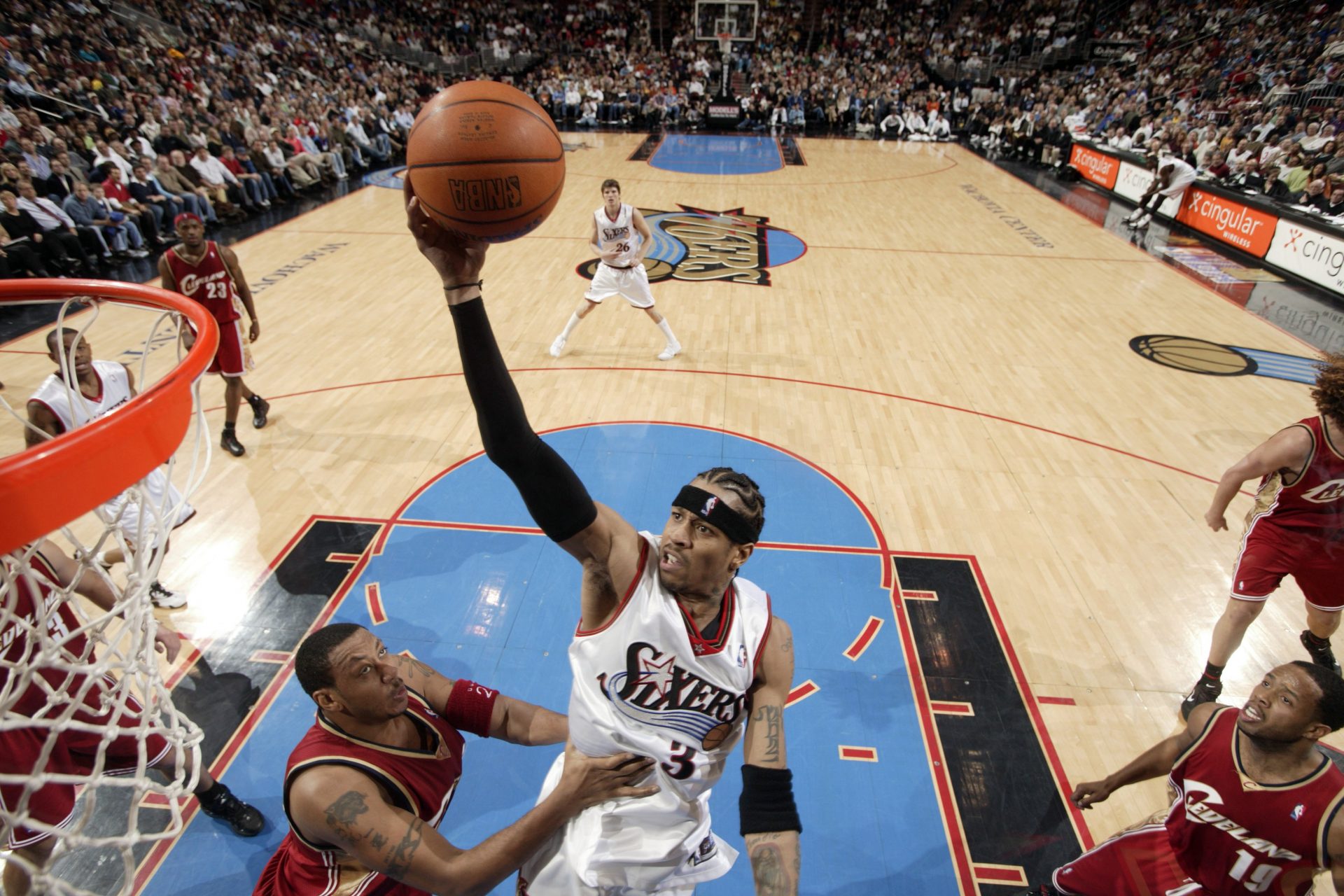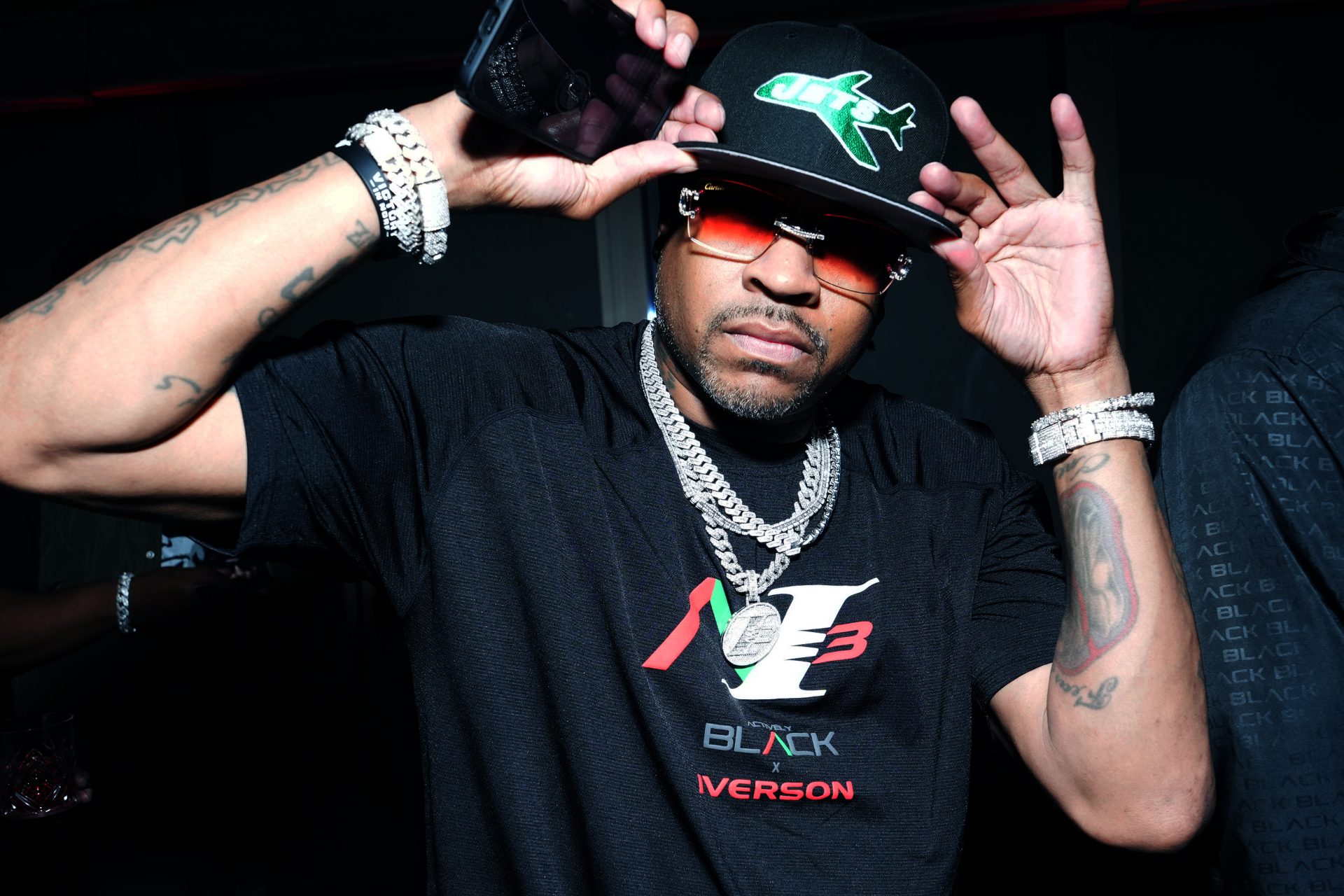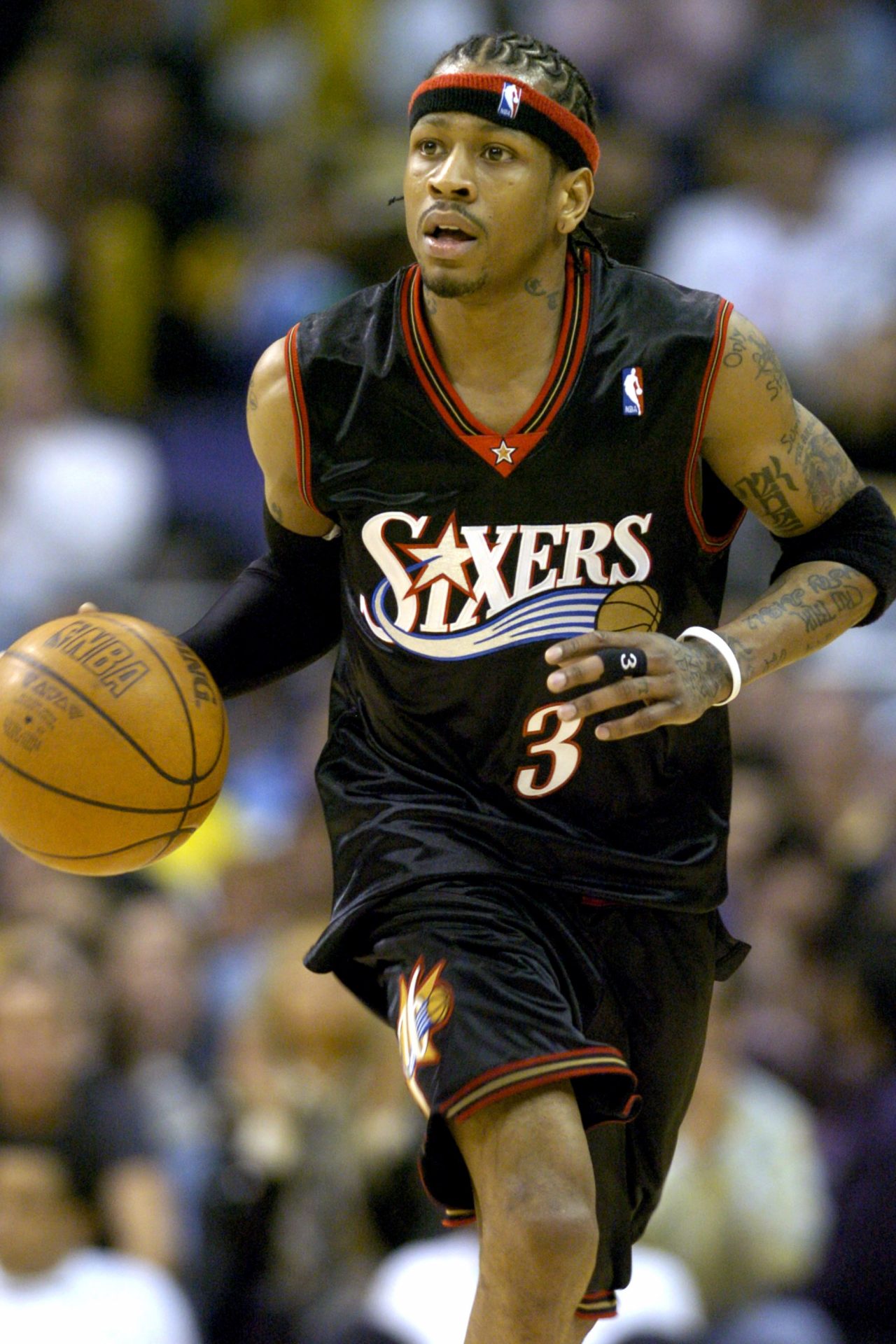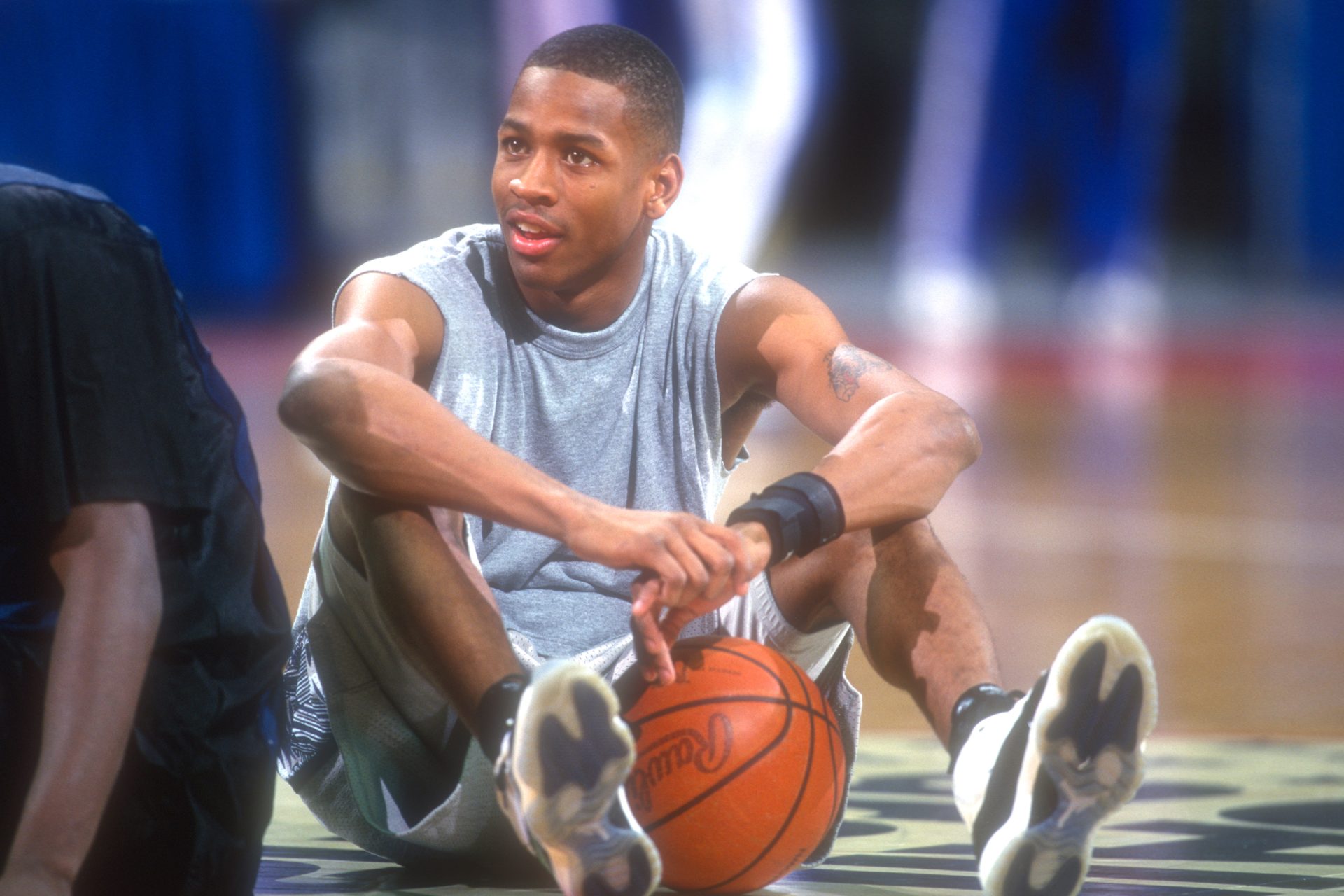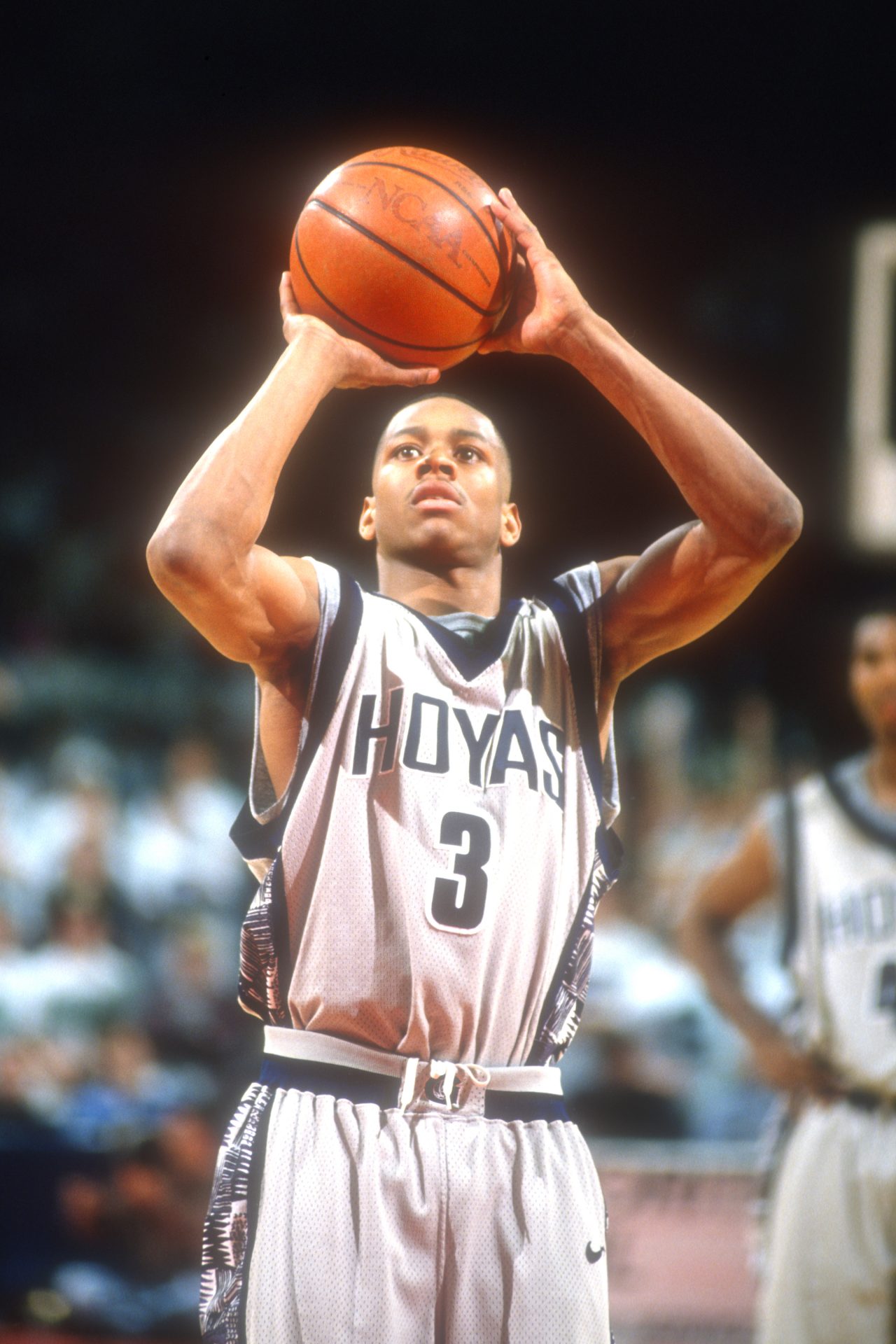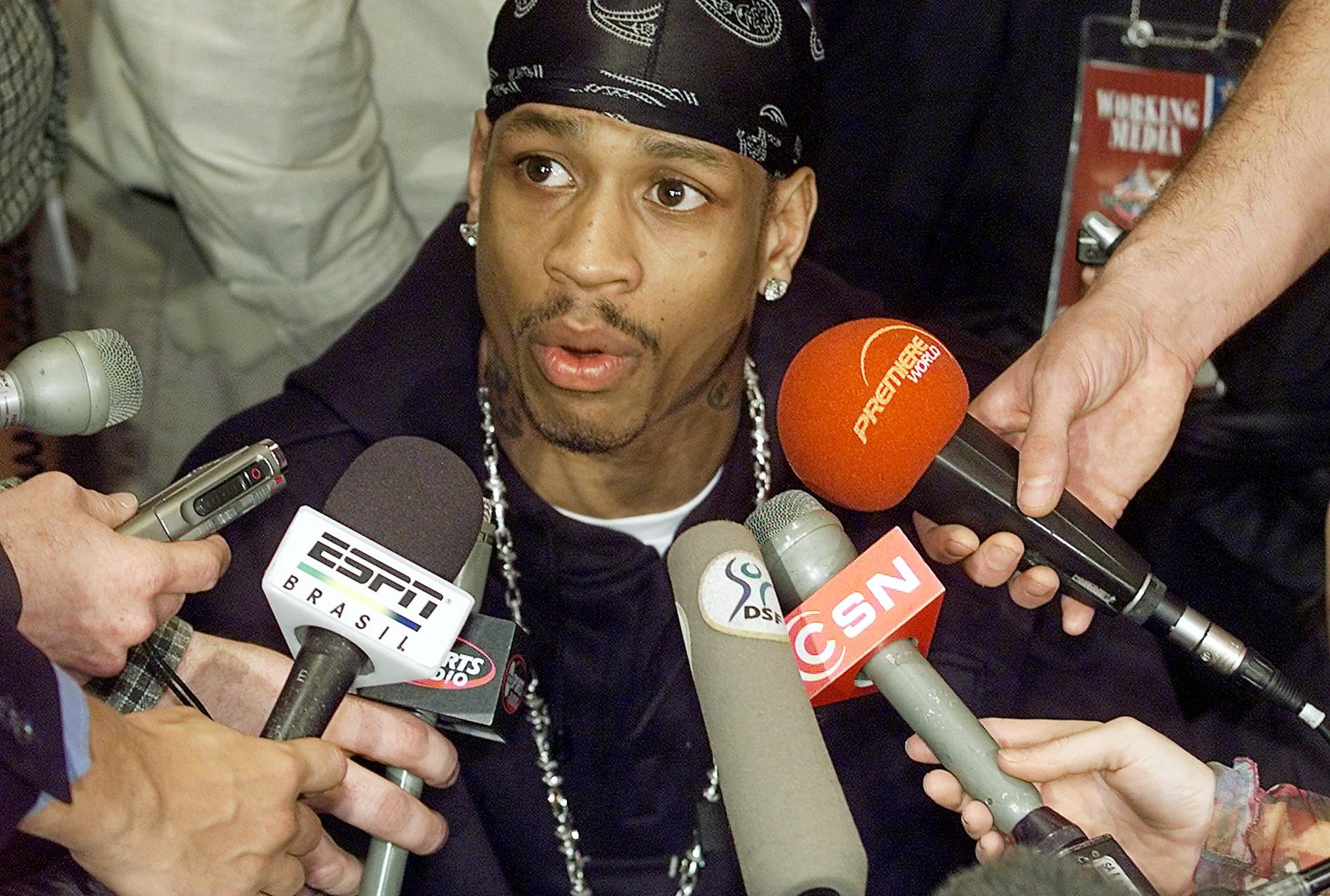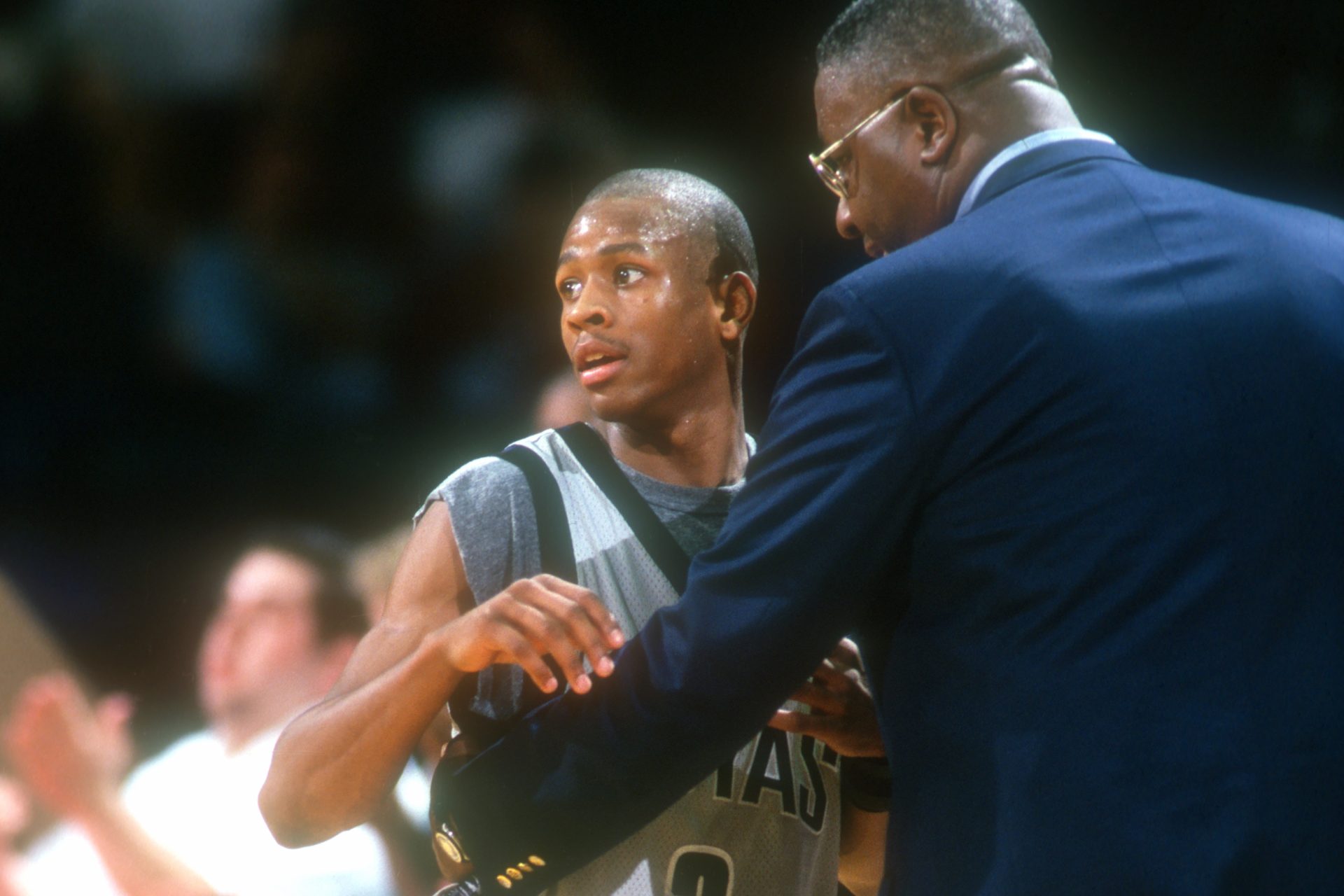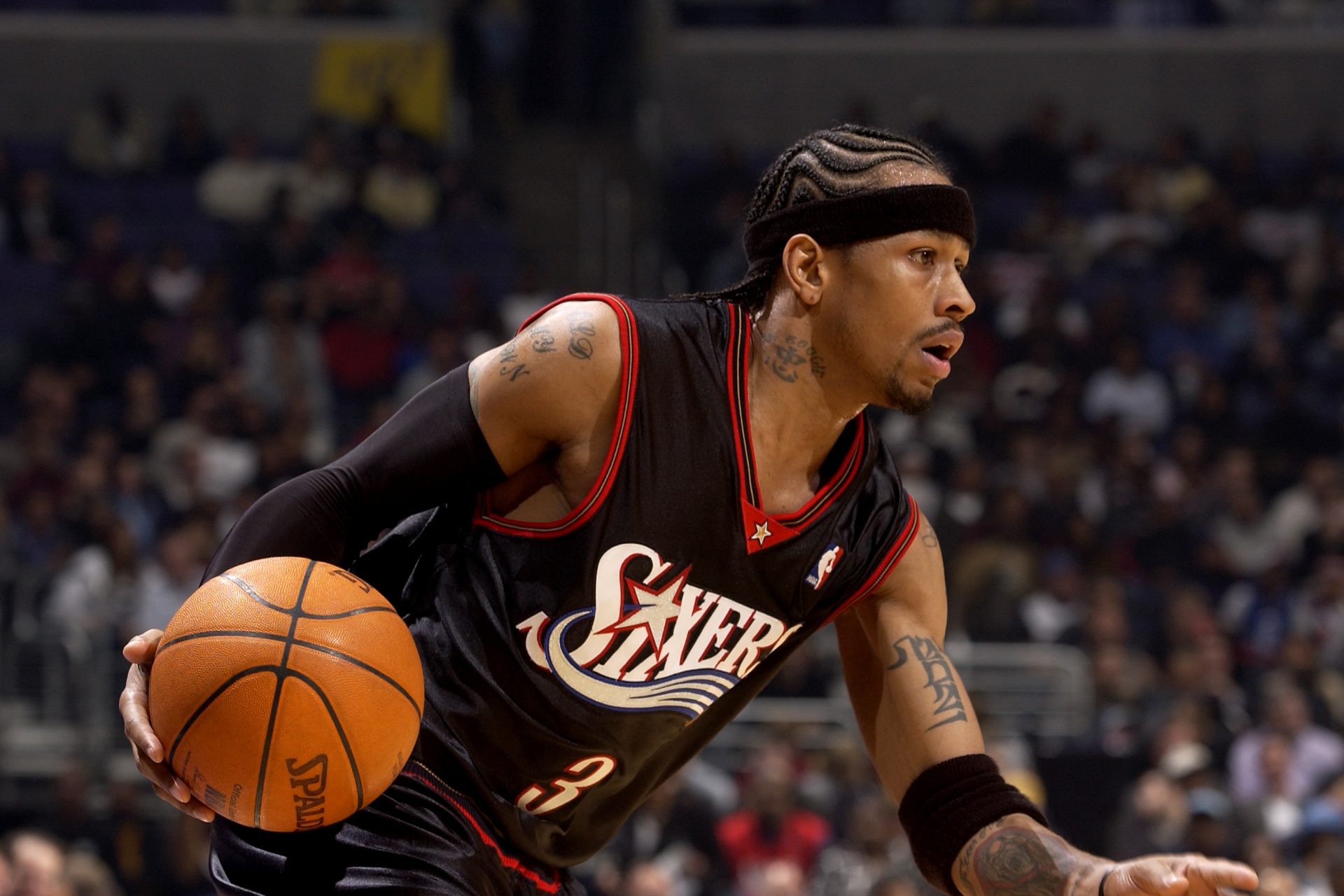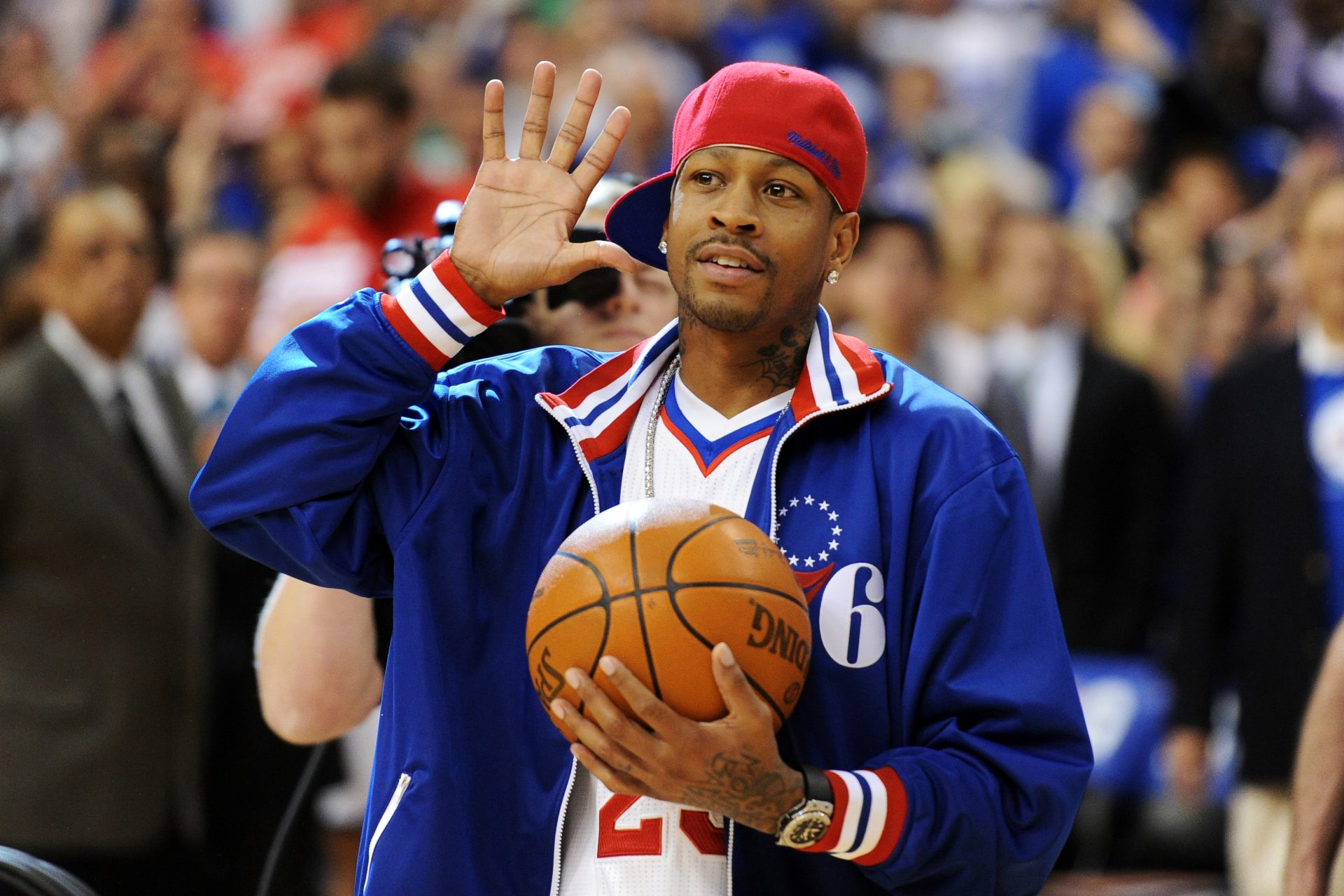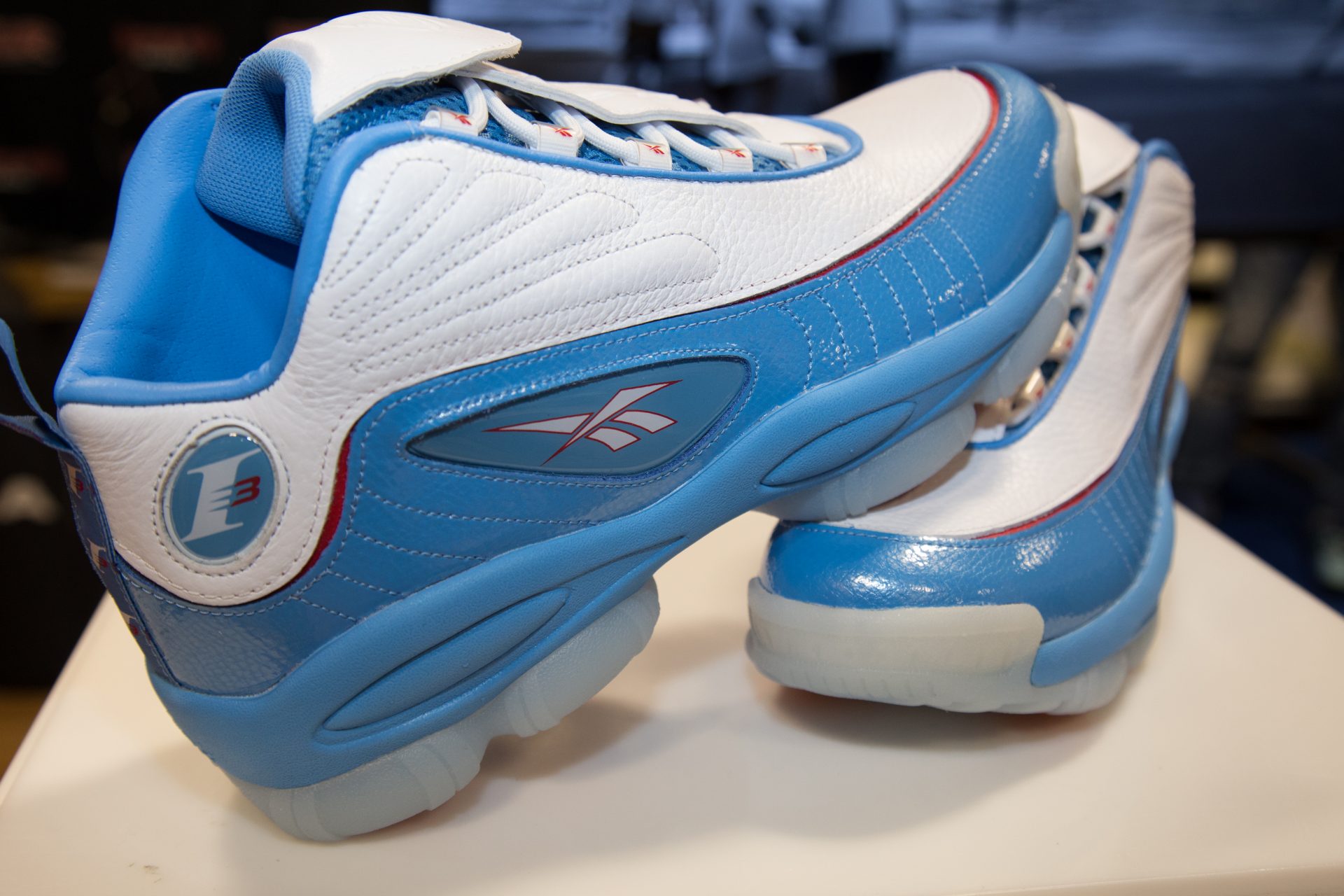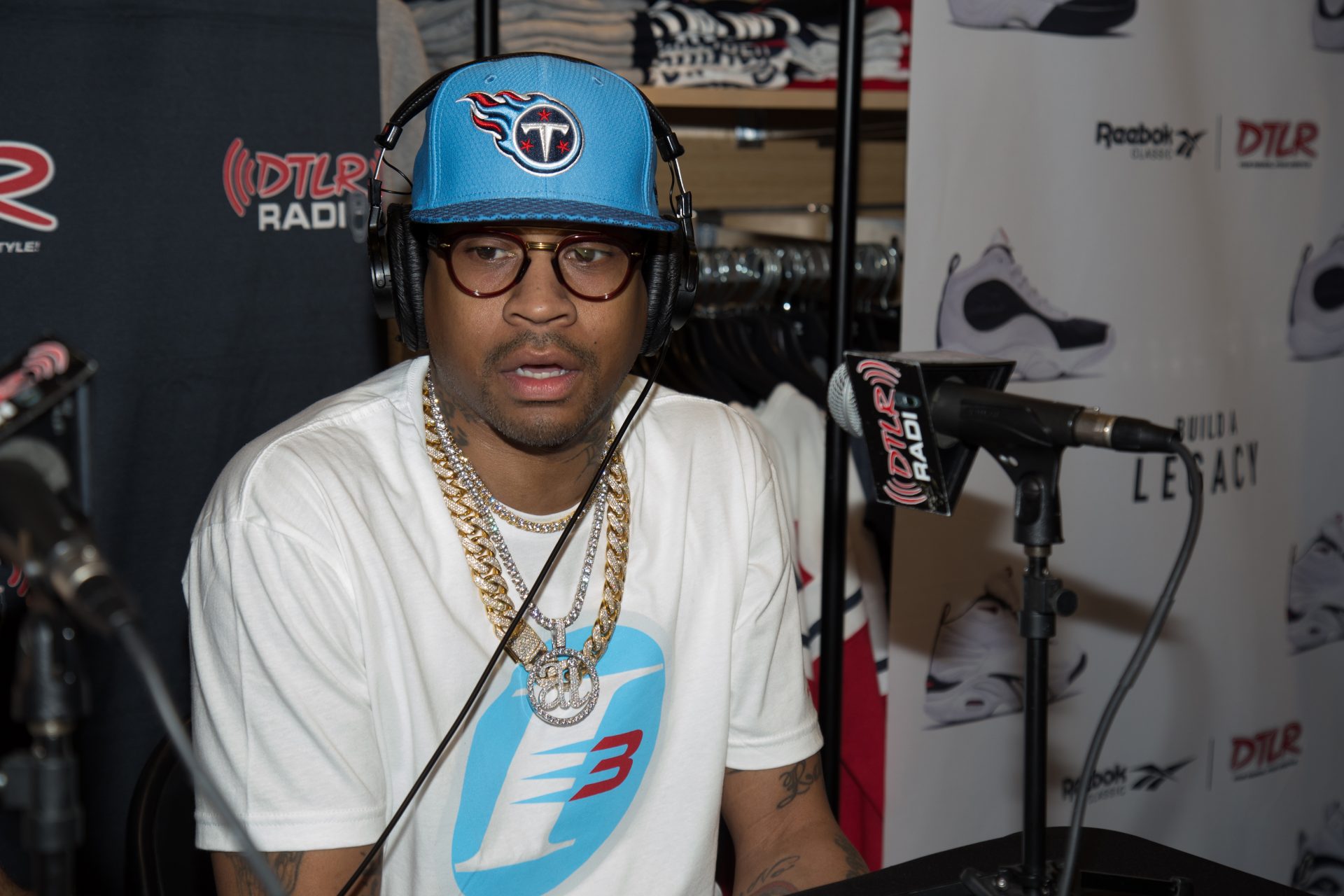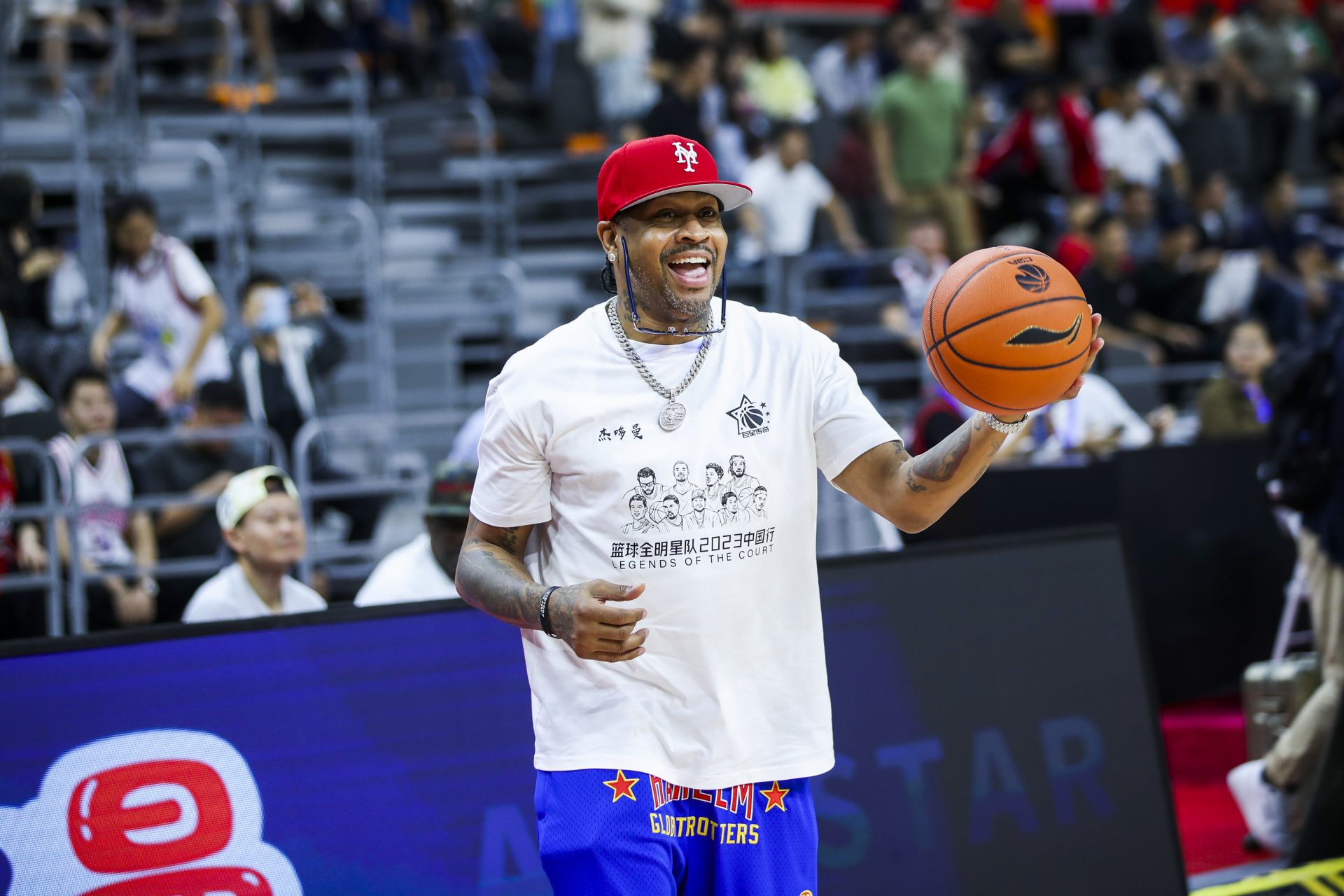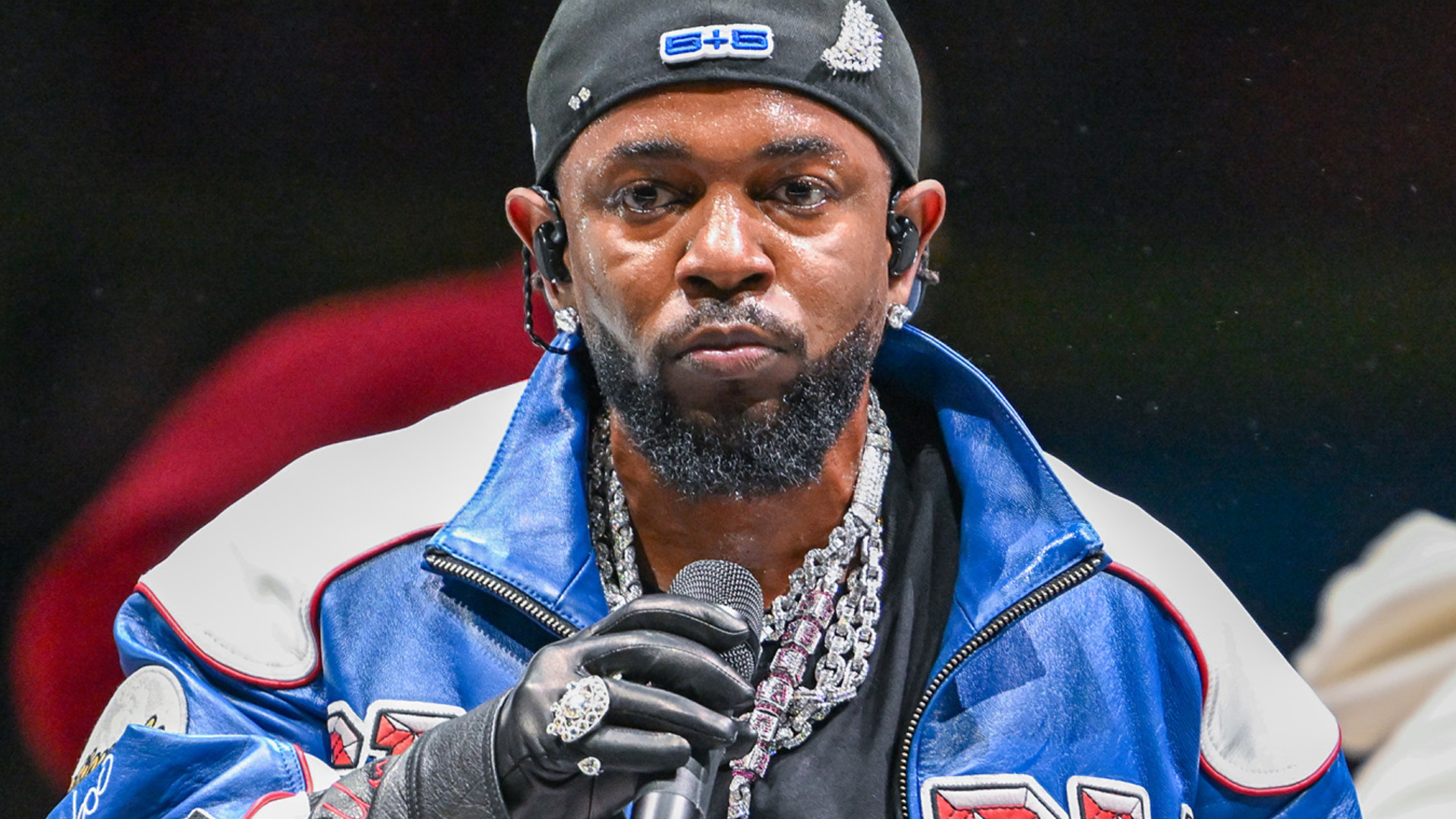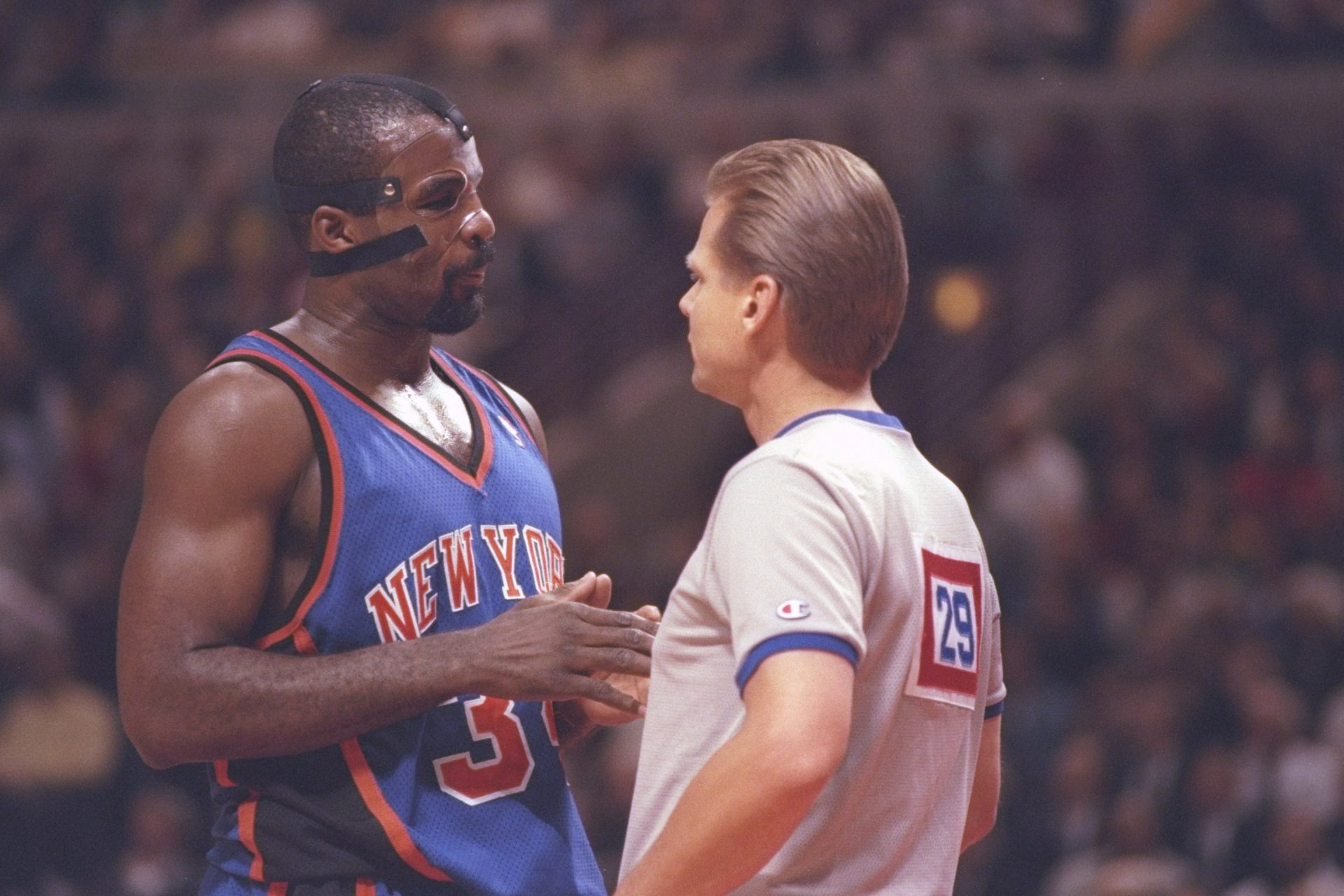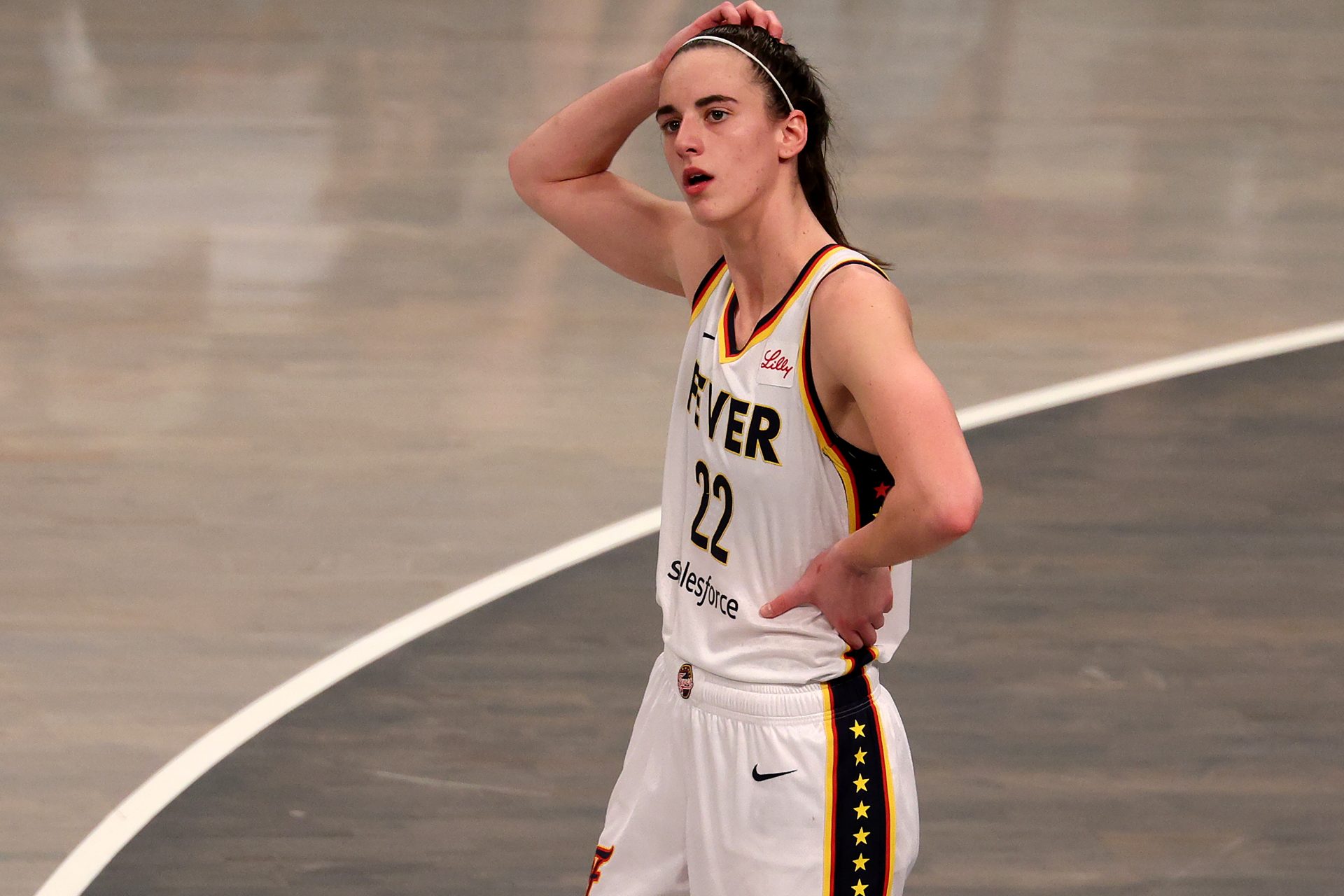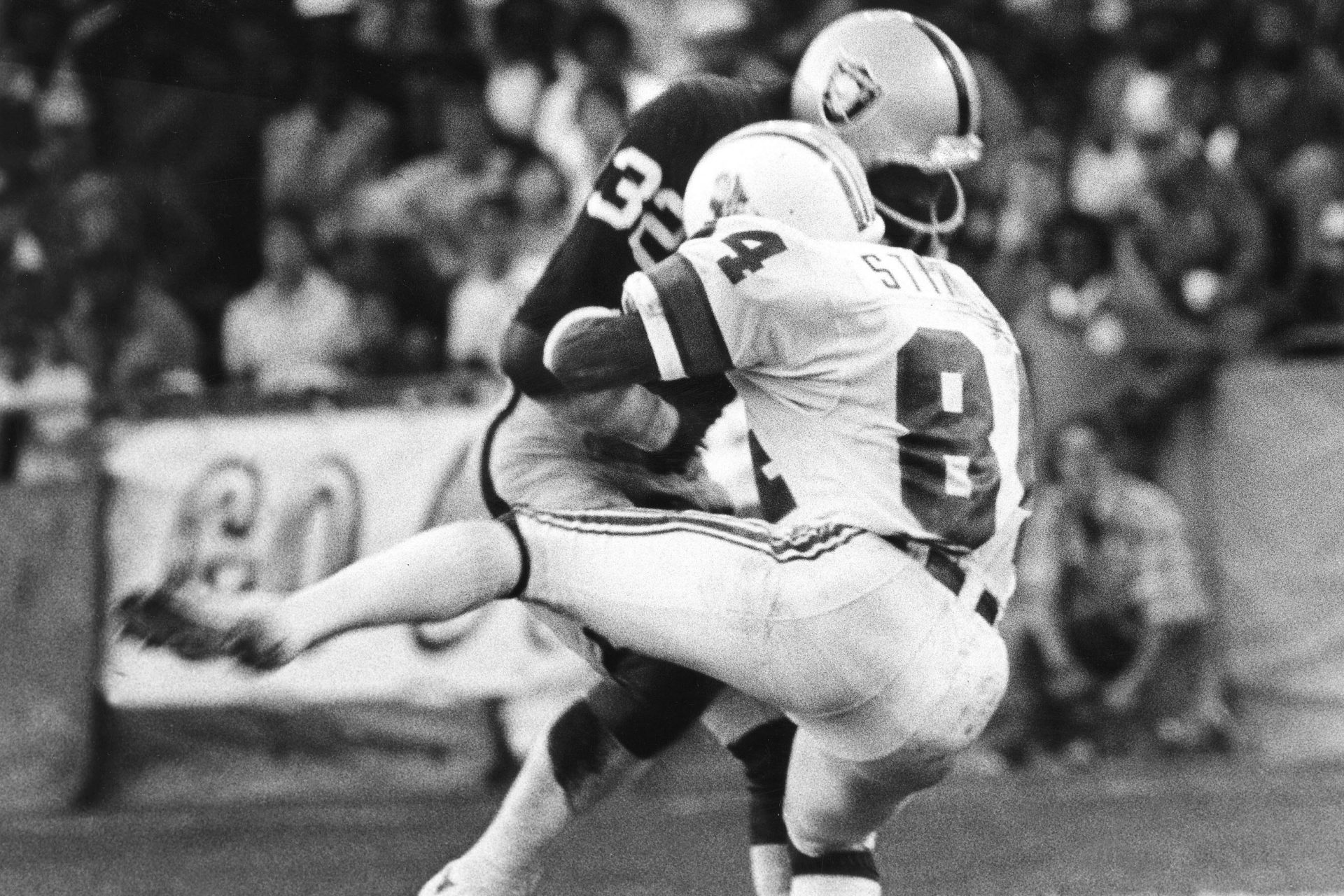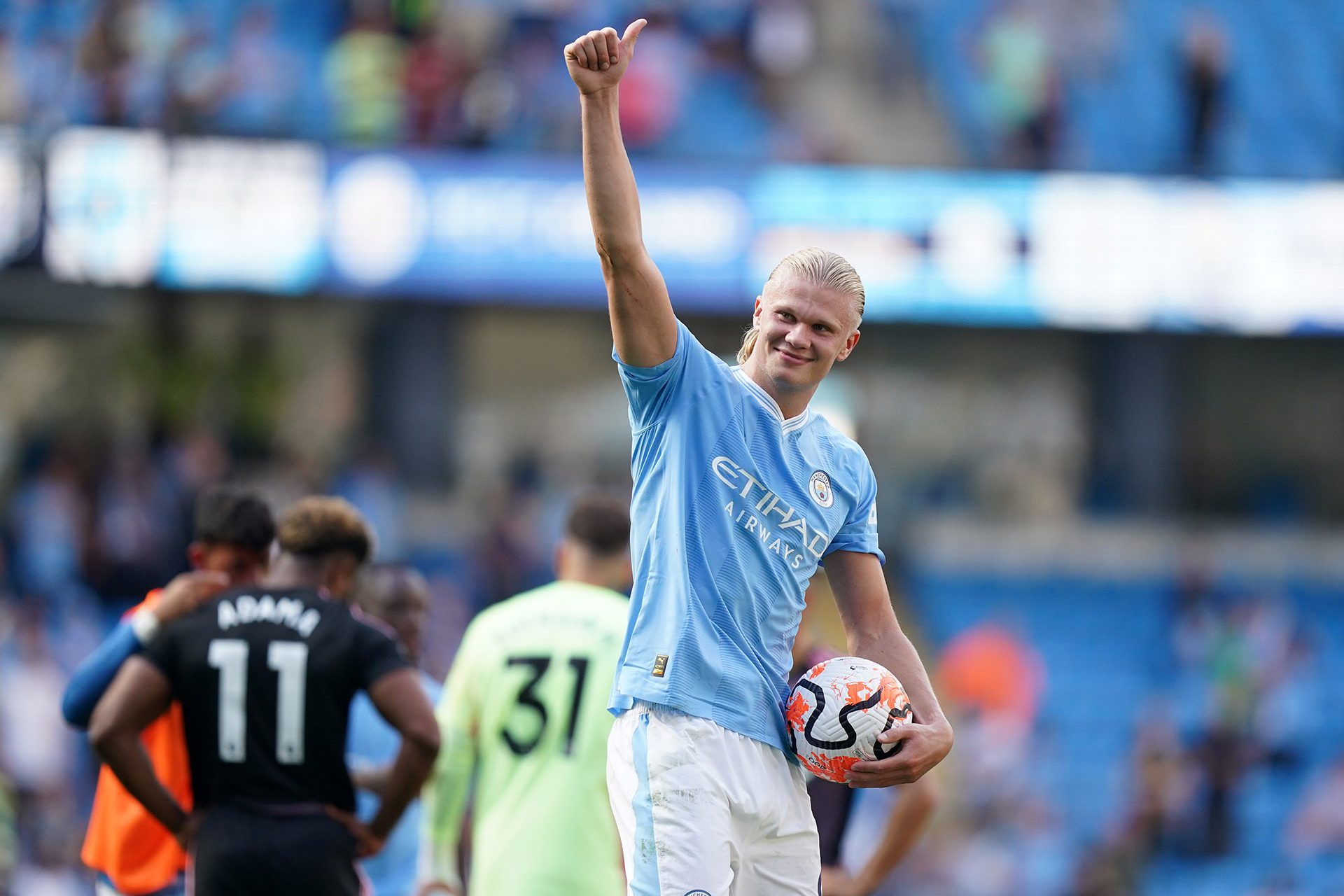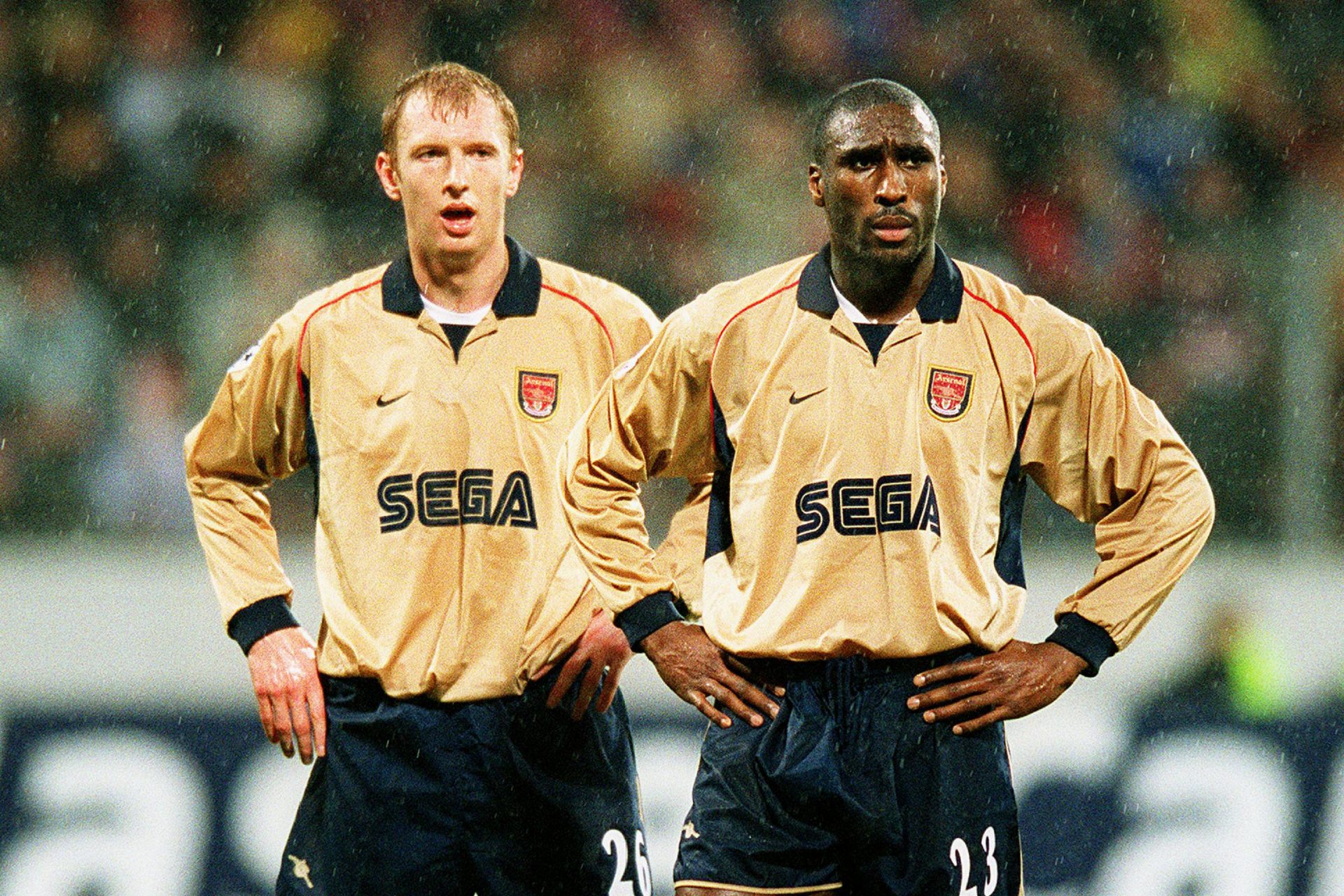Allen Iverson's All-Star story: Crossovers, drugs, jail and bankruptcy
Allen Iverson is one of the most unique players to ever play in the NBA.
It’s a popular cliché in basketball circles, but Allen Iverson really did leave everything out on the court. His diminutive stature didn’t stop him from driving into the paint, knowing full well that he’d probably get knocked down. Iverson was known as “the Answer” on the floor, but his life away from the game has raised a lot of questions.
Allen Ezail Iverson was born in 1975 in Hampton, Virginia. His childhood was challenging to say the least, as he was born to a single teenage mother who had to work tirelessly to make ends meet. Iverson became the man of the house at a very early age, and was expected to take care of his two younger sisters.
While his resume as a basketball player speaks for itself, Iverson was also an extremely gifted football player. His athleticism and shiftiness made him very difficult to bring down on the football field.
Want to see more like this? Follow us here for daily sports news, profiles and analysis!
However, he would eventually focus on basketball as his primary sport, although there were some hurdles he had to overcome to play collegiately.
When he was 17 years old, Iverson was charged with “maiming by mob”, where he allegedly started a fight at a bowling alley. He was sentenced to 15 years in prison, but only spent four months in jail after Virginia governor Douglas Wilder pardoned him after questioning the validity of the evidence against him. Iverson had just led his high school to state titles in basketball and football.
Iverson’s dazzling play at tournaments held at Georgetown University caught the eye of basketball head coach John Thompson. Like many in the program and across the country, Thompson was concerned about Iverson’s off the court behavior, but decided to give him a chance. Iverson would go on to average 23 points a game in two years with the Hoyas.
Iverson was embroiled in another controversy during his time in college, where he was routinely seen driving a car that was valued at over $130,000.
This was before college sports allowed athletes to profit off of their name, image and likeness, so his possession of the vehicle opened up questions about how he got it in the first place. This risked his eligibility to play with Georgetown.
His undeniable talent led the Philadelphia 76ers to take him with the first pick in the 1996 NBA Draft. He would spend 12 total seasons with the team, averaging over 27 points a night. Iverson led the 76ers to an appearance in the 2001 NBA Finals, when many believed the team wasn’t good enough to make it that far.
Want to see more like this? Follow us here for daily sports news, profiles and analysis!
Even though Iverson was crossing up legends like Michael Jordan and becoming an icon, his name was still brought up in off the court incidents.
For example, two men driving Iverson’s car were arrested after completing a drug deal in 1998. Although Iverson wasn’t there for the transgression, the men were said to be close friends of the basketball star.
Iverson made over $200 million in his NBA career, but didn’t have any money to his name shortly after his retirement. He once said that he didn’t even “have money for a cheeseburger”.
Iverson would reportedly spend $30,000 a time at strip clubs, purchase several cars, and would spend $10,000 a month eating at restaurants.
The former NBA guard filed for bankruptcy in 2010 after not being able to pay back nearly $1 million to a jeweler. While this appeared to be rock bottom for Iverson, he’s still earning large sums of money from Reebok to this day.
Want to see more like this? Follow us here for daily sports news, profiles and analysis!
The shoe company pays him $1 million annually in dividends, and provided him with a $32 million business account he can’t access until he’s 55 years old.
Iverson said in an episode of "Headliners" in October 2023 that he wanted to be more involved in helping the Philadelphia 76ers win a championship. He expressed that he could be a valuable asset, imparting knowledge to younger players about the game and how to conduct themselves off the floor.
More for you
Top Stories



